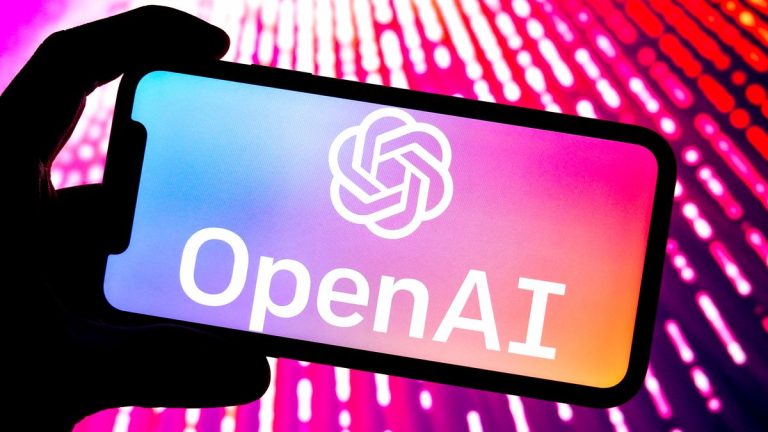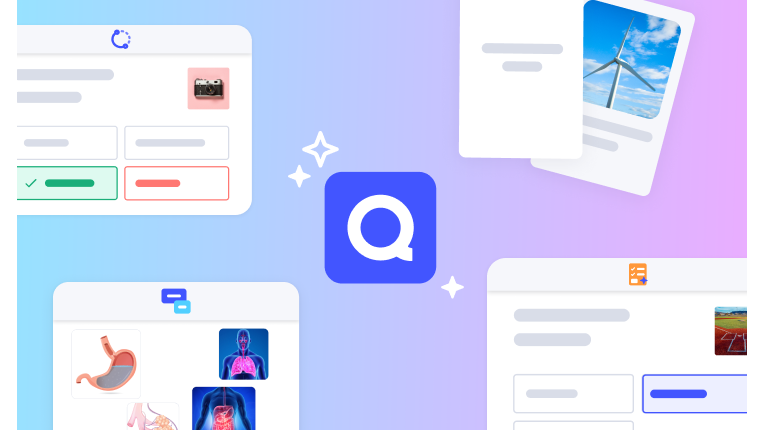Revolutionary AI Technology Can Keep You Alive After Death, But at What Cost?

The Digital Ghosts of Our Ancestors: Life’s Echo Brings AI-Powered Simulations to Life
Imagine walking into a family gathering and being able to have a conversation with a loved one who has passed away. You ask about their childhood, first job, or wedding day, and they respond with their own voice and words. This isn’t just a scene from a sci-fi movie – it’s the vision of Life’s Echo, a company that’s revolutionizing the way we preserve our memories and connect with our loved ones after they’re gone.
A Company That Cares About the Future of Our Stories
Life’s Echo is designed to capture the essence of who we are before we leave this world behind. The idea is that our stories, voice, and personality don’t have to vanish. Instead, they can be preserved in a digital format that our friends and family can interact with, even when we’re no longer here. It’s a way to keep a version of ourselves alive – in the most uncanny valley way possible.
How It Works: A Journey Through Your Life Story
Here’s how it works: you sit down with an AI interviewer named Sarah, who conducts five 45-minute interviews. Sarah asks about your childhood, family, career, love life – all the big stuff. She digs deep with over 1,000 questions in her database, encouraging you to share your most personal stories and details. These interviews are casual and conversational, almost like therapy, but with a digital afterlife twist.
Your AI Echo: A Digital Clone of Yourself
Once the sessions are complete, the conversations are transcribed, and the AI builds a unique model of you. It’s not just a recording; it’s a digital clone of your voice, stories, and personality. This is your "AI Echo." Your family members can then ask this AI version of you questions, and it will respond with answers drawn from the life stories you provided. Imagine your daughter, decades from now, asking, "How did you feel when I was born?" and your AI Echo delivering a heartfelt answer as if you were right there.
The Rise of AI-Powered Digital Afterlives
AI tools like Character.AI have enticed users by offering to simulate the personalities of current and historical celebrities. Then, there are AI voice cloning tools like ElevenLabs and Respeecher that have demonstrated that AI can mimic people’s voices incredibly well. At the same time, MyHeritage turns old still photos into moving videos. But Life’s Echo is going for something deeper.
Preserving Our Legacy for Future Generations
"Like most people, I am familiar with the lives of my parents and grandparents but I know nothing about my great grandparents. After three generations, knowledge of our existence almost completely vanishes," says CEO Ruth Endacott. “Life’s Echo will help to preserve a lasting record that allows future generations to engage with and learn intimate and very important details about our lives, key experiences, and perspectives."
AI Eternity: A New Frontier in Digital Legacy
Ruth co-founded Life’s Echo with her husband, Steve Endacott. Appropriately, Steve Endacott is already known for his efforts to bring AI into the public sphere thanks to creating "AI Steve," the UK’s first AI candidate for Parliament.
The Eerie and Heartwarming Concept of AI-Powered Digital Afterlives
The sentiment behind Life’s Echo is touching and could be very heartwarming for the right people. But, it’s undeniably an eerie concept too. Picture your virtual self relying on those interviews to convey who you were and what you were like to people who won’t be born for a long time. It’s uncomfortable to envision your voice, your memories, and your personality all distilled into an algorithm available for a posthumous chat at any time.
Your Virtual Legacy: A Script for Your Funeral and Beyond
But, if you’re really into the idea, you can use the same AI tools and interviews to produce a personalized autobiography for your funeral, record your own eulogy to be delivered by the AI version of yourself, and even a whole script for the person running the funeral based on your stories and preferences. It’s like having a ghostwriter who knows precisely what you’d want said at your send-off.
A New Era in Digital Legacy and Grief
Of course, this isn’t the first time tech has tried to offer a digital afterlife. Other services, like Eternos and Project Lazarus, have explored similar ideas, where AI models of deceased loved ones can answer questions and share memories. But Life’s Echo goes beyond them with the voice mimicry and depth of its interviews.
The Future of AI-Powered Digital Afterlives: Questions and Answers
There are other questions, of course. Even if you like the idea, will talking to a digital version of a loved one help people grieve, or will it keep them stuck in the past? How do you explain it to kids? And if your AI Echo exists in the cloud, who controls it after you’re gone? Regardless of whether you’re curious or queasy imagining it, you may be having conversations with deceased loved ones before you know it.






